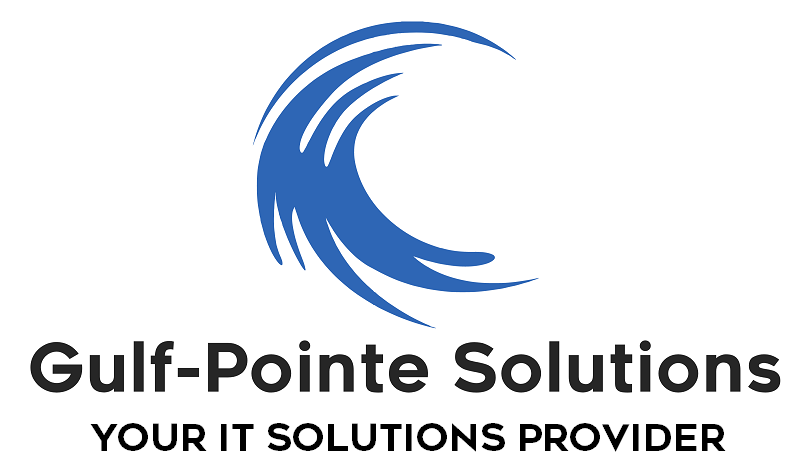Extended Support ending in 2020 for some Microsoft Products. We can help you get upgraded before that time comes.
Like all of Microsoft’s operating systems, mainstream and extended support is provided by Microsoft for certain a period of time. Microsoft calls its products “End of Life” when the extended support period comes to an end. Microsoft will stop providing monitoring and updates which would address security vulnerabilities. Businesses and users who continue to use these products will no longer have any protection, putting their data at high risk. On top of that, most vendors, manufacturers, and developers will no longer invest resources to support their hardware/software on platforms and systems that Microsoft is no longer supporting.
On January 14, 2020, Microsoft will be ending their extended support for Windows 7, Windows Server 2008/R2, and Exchange Server 2010. That means any business or user actively using a workstation or server that is operating any of those three products/systems will immediately place their data at risk of theft, destruction, or ransomware. This can, however, easily be avoided by working with our expert IT specialists before this deadline.
Options that you have to get upgraded today:
- Windows 7: Of the three systems Microsoft will end extended support for, Windows 7 will cause the most panic. We recommend replacing your Windows 7 licenses and workstations with Windows 10. It’s a reliable operating system that you will quickly get accustomed to, seeing as how Microsoft designers and engineers used Windows 7 for inspiration.
- Server 2008/R2: Mayhem does not arise at the end of extended support for server operating systems like it does for workstations, because business servers are normally replaced at a faster rate than workstations are. We recommend replacing your Server 2008/R2 with, you guessed it, Server 2016 or 2019. The process for replacing Server 2008 can be complex. A server’s responsibilities and processes can result in a longer-than-average replacement process. Replacing a server with Windows Server 2008/R2 will typically require purchasing new hardware.
- Exchange 2010: A lot of businesses have already transitioned their communications and collaboration needs to a cloud-based system, like Office 365. Businesses needing deep integration with third-party software, or those with very high security needs, have upgraded their Exchange Servers to 2013 or 2016. The migration between Exchange versions or to Office 365 are typically smooth and easy. Any business using Exchange Server 2010 for email or communication should highly consider Office 365.
